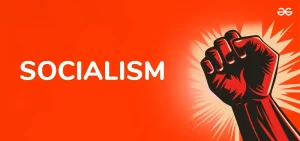Internet browsers
Internet browsers
It would be difficult to conceive a sailor without a ship, a Christopher Columbus without his Santa Maria and his luggage.
To surf the net, the principle is the same: the Internet user needs a web browser to go from one page to another …

According to the statistics published in the media, the speed of the Internet increases every year, throughout Spain, following a tentacular mode of diffusion: the big cities first, then the agglomerations and important economic centers (in which the firms finance the network) and -finally- some towns in which public financing plans are adopted.
The fiber optic is also increasingly present, although not yet reached the whole territory.
The drawback of this increase in speed is that Internet designers take the opportunity to make their pages heavier: HD photos, videos, Flash animations, tracking cookies, advertisements, sounds …
So much so that the network is not much faster than before: if we exaggerate a bit, it is just as fluid, even extremely slow in certain regions – 56 kb on basic ADSL!
Be that as it may, there is a huge difference between what your web browser shows and the computer code that we see behind it.
Indeed, a computer science student has a head full of figures, codes, symbols and tags … HTML, PHP, xHTML: so many programming languages that they allow building number portals worthy of the name.
In addition, each browser or web browser is an independent program that interprets the codes differently: hence some URL addresses are planted with Mozilla Firefox but not with Opera, or vice versa.
Hence the interest of having at least two different browsers : in case of blocking with an HTTP link, you can try to introduce it in your other program to see if the problem comes or not from the page itself.
Maybe one of your acquaintances advises you of a certain brand.
No problem, but don’t forget that some browsers specialize for certain devices or operating systems: Windows is neither Mac OS, nor GNU / Linus; while a laptop PC is different from a desktop PC, a mobile / Blackberry or an Android or iPad type tablet.
You can choose between the giants Google Chrome, Safari and Microsoft Edge, or opt for smaller ones …
The good thing is that they are all free and have computer support and classes to help you.
To take a basic computer course , all you have to do is create an account to contact our teachers through the platform. Internet browsers







